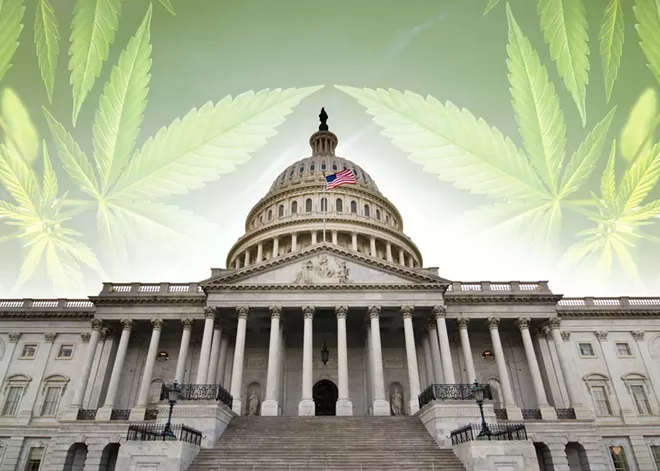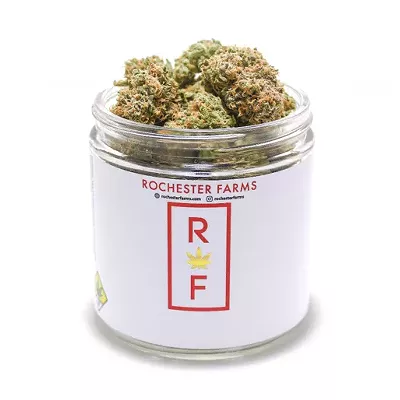In August, the federal Department of Health and Human Services recommended to the Drug Enforcement Administration that cannabis should be moved off Schedule I of the Controlled Substances Act.
Last week, a bipartisan group of 31 members of Congress sent a letter to the DEA urging it to go further.
"While Congress works on a comprehensive legalization bill, the administration and relevant agencies such as yours should recognize the merits of full descheduling and work with congressional leaders to ensure this happens," the letter reads. "Continued federal prohibition and criminalization of marijuana does not reflect the will of the broader American electorate — it is time that the Drug Enforcement Administration's work fully reflects this reality as well."
This back-and-forth between Congress and federal agencies began in October 2022 when the Biden administration asked HHS to begin a review of how cannabis is treated under federal law.
That HHS review was completed and submitted to the DEA this August and recommended that cannabis be moved from Schedule I to Schedule III.
Schedule III substances have less potential for abuse than Schedule I substances. While Schedule III substances have an accepted medical use, they also may lead to physical or psychological dependence.
Schedule I substances are illegal to possess, manufacture or distribute. Schedule III substances are legal to possess with a prescription.
While the DEA is currently exploring whether or not cannabis would be a better fit on Schedule III as opposed to Schedule I, this group of 31 Congress members are calling for fully descheduling cannabis.
Descheduling cannabis would remove cannabis from the Controlled Substances Act, paving the way for legalization at the federal level.
Of the 31 members of Congress who signed this letter to the DEA, 27 are Democrats and four are Republicans.
Two of the signatories are part of Washington's congressional delegation: Pramila Jayapal and Marilyn Strickland, both of whom represent districts on the west side. Seven of the signatories represent districts in states where recreational cannabis remains illegal.
While this letter may lead to nothing at all, it does represent yet another progression in what could be the most impactful reconsideration of federal cannabis policy since the legalization wave began to sweep across the nation in 2012. ♦





















